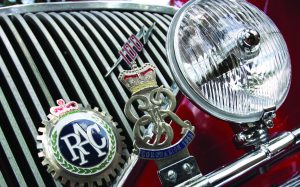Fuel-Efficient Cars Saving Money and the Environment

Fuel-Efficient Cars Saving Money and the Environment
Fuel-efficient cars are designed to minimize fuel consumption while maintaining performance and comfort. These vehicles are becoming increasingly popular as consumers seek to reduce their environmental impact and save money at the pump.
Types of Fuel-Efficient Cars
- Hybrid Cars: Hybrids combine a gasoline engine with an electric motor, offering improved fuel efficiency and reduced emissions.
- Electric Cars: Electric cars are powered solely by electricity, offering zero emissions and excellent fuel efficiency.
- Diesel Cars: Diesel engines are generally more fuel-efficient than gasoline engines, but they may have higher emissions.
- Gasoline-Powered Cars: Even traditional gasoline-powered cars have become more fuel-efficient in recent years, thanks to advancements in technology.
Factors Affecting Fuel Efficiency
- Engine Size: Smaller engines are generally more fuel-efficient than larger engines.
- Transmission: Automatic transmissions with more gears can improve fuel efficiency.
- Weight: Lighter vehicles tend to be more fuel-efficient.
- Aerodynamics: A car’s shape and design can affect its fuel efficiency.
- Driving Habits: Aggressive driving, such as speeding and hard braking, can significantly increase fuel consumption.
Tips for Improving Fuel Efficiency
- Drive Smoothly: Avoid sudden acceleration and braking.
- Maintain Your Vehicle: Regularly maintain your car to ensure it is running efficiently.
- Combine Trips: Plan your trips to minimize driving distance.
- Use Cruise Control: Cruise control can help you maintain a steady speed and improve fuel efficiency.
- Avoid Idling: Turn off your engine when idling for extended periods.
Fuel-efficient cars offer a practical and environmentally friendly way to get around. By choosing a fuel-efficient vehicle and adopting fuel-saving driving habits, you can reduce your carbon footprint and save money on fuel costs.
Would you like to know more about a specific type of fuel-efficient car or its benefits?




